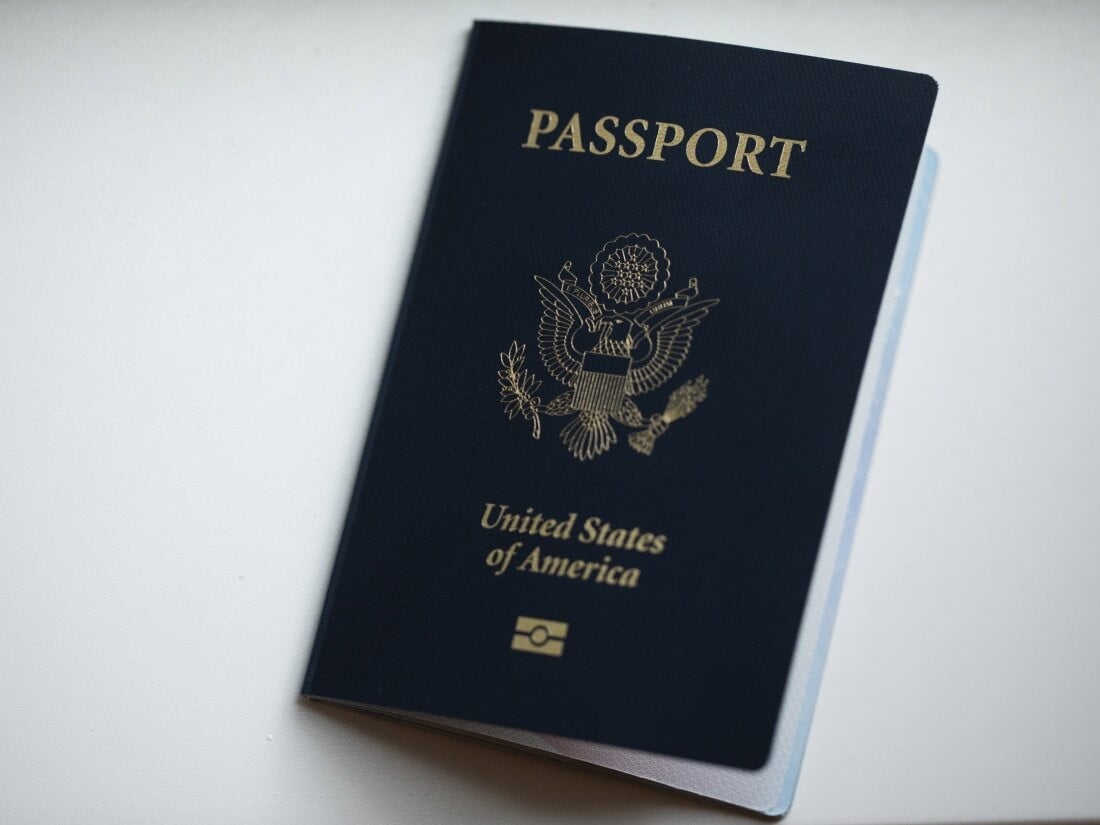| Introduction to U.S. Passport Services | The U.S. passport is a crucial document for American citizens traveling abroad. It serves as proof of identity and nationality and provides the necessary documentation for entry into foreign countries. The process of obtaining a passport, renewing it, or replacing a lost passport has undergone various changes in recent years to accommodate increasing travel demand and technological innovations. |
| Recent Changes in U.S. Passport Regulations | U.S. passport regulations have seen several changes in recent years, aimed at improving security and efficiency for travelers. Whether it’s the application process or updates related to passport renewals, here are the most important changes to be aware of. |
| New Passport Application Process | The U.S. Department of State has streamlined the passport application process to make it more efficient and accessible for U.S. citizens. You can now apply for a passport online in some cases, reducing the need for in-person appointments. The introduction of online services has made it easier for first-time applicants and those renewing their passports to submit documents and track their applications. |
| Passport Expiration and Renewal Updates | Passport renewals have also seen some changes. The U.S. State Department now offers a more flexible renewal process, allowing citizens to renew their passports by mail, provided certain conditions are met. If your passport is still valid, you may be able to renew it without an in-person appointment, making it easier for those with busy schedules to handle their passport renewals. |
| Processing Times and Delays: What You Need to Know | Processing times for U.S. passports have been affected by various factors, including global events like the COVID-19 pandemic, as well as growing demand for travel documents. If you’re planning to travel internationally, it’s important to understand current processing times and how to avoid delays. |
| Why Passport Processing Times Are Delayed | Passport processing times are influenced by several factors, including staffing levels, increased demand, and the time it takes to verify travel documentation. Additionally, passport services have had to adjust to changes in procedures and increased security measures. The global pandemic further compounded delays as offices had to implement new health and safety protocols, reducing staff availability. |
| How to Expedite Your Passport Application | If you need your passport quickly, the U.S. Department of State offers expedited passport processing for an additional fee. This option guarantees a faster turnaround time, with applications processed in as little as 24 hours if you’re traveling within a few weeks. However, the expedited service can be costly, and you’ll need to provide proof of imminent travel to qualify. |
| The Impact of COVID-19 on Passport Services | Like many other industries, passport services were severely impacted by the COVID-19 pandemic. Offices were closed or operated at limited capacity, resulting in significant delays. Travel restrictions and changes in global health guidelines also affected how passport services were provided. Let’s explore the ongoing impact of the pandemic on U.S. passport services. |
| Health and Safety Protocols for Passport Offices | Due to COVID-19, passport offices have implemented health and safety protocols to protect both applicants and staff. These measures include mask mandates, social distancing requirements, and limited in-person appointments. Travelers should be prepared to follow these guidelines when visiting passport offices or acceptance facilities. |
| Changes in International Travel and Passport Requirements | As COVID-19 continues to affect international travel, many countries have implemented new passport and health documentation requirements. These may include proof of vaccination, negative test results, or quarantine upon arrival. Travelers should stay informed about specific requirements for their destination before applying for a passport or booking a flight. |
| Digital Passports and New Technology in the U.S. | The future of U.S. passport services is heavily influenced by digital technology. The introduction of e-passports and biometric features is making passport security more robust while offering greater convenience for travelers. Let’s take a look at the technological advances that are shaping the future of U.S. passports. |
| The Rise of E-Passports | Electronic passports, or e-passports, have become the standard for many countries, including the United States. These wvpaper.com feature embedded microchips that store biometric data, such as fingerprints and facial recognition. This technology enhances security by reducing the risk of fraud and making it easier to verify the identity of travelers at border controls. |
| Biometric Features and Security Enhancements | U.S. e-passports are equipped with biometric features, such as facial recognition, to make travel more secure. The addition of biometric data helps to streamline the entry process into countries that use automated border control systems. The U.S. continues to improve the security of its passports with ongoing technological upgrades aimed at protecting against identity theft and fraud. |
| Passport Fees and Cost Updates | Passport fees are a key consideration for many applicants. Over the years, the costs of obtaining and renewing a passport have increased. Here’s what you need to know about the current fee structure and payment methods for U.S. passports. |
| New Fee Structure for U.S. Passports | The U.S. Department of State has adjusted the fees for passports in recent years. The current fee structure for adult passports is approximately $130 for a standard passport book, while the cost for a child’s passport is lower at around $100. Expedited services and additional services, such as passport cards or extra visa pages, come with added costs. |
| Payment Methods for Passport Applications | Applicants can pay for passport services through various methods, including credit cards, money orders, and personal checks. Online payments are available for certain services, and applicants should ensure they have the correct form of payment when submitting their passport applications. |
| What Happens if You Lose Your Passport? | Losing your passport while traveling or in your home country can be a stressful situation. However, there are clear steps to follow if you find yourself in this situation. Here’s what you need to know. |
| Reporting and Replacing a Lost Passport | If you lose your passport, you must report it to the U.S. Department of State immediately to prevent identity theft. You will need to fill out a loss report and apply for a replacement passport. Replacement passports are typically issued more quickly than new ones, though you may need to provide additional documentation. |
| Emergency Passports: When You Need One | In urgent situations, such as an emergency trip abroad, the U.S. Department of State can issue an emergency passport. Emergency passports are typically valid for a limited period and can be issued on the same day if necessary. To obtain one, you must provide proof of your emergency situation, such as a death in the family or a last-minute business trip. |
| Traveling with a U.S. Passport: Key Considerations | Once you’ve obtained or renewed your U.S. passport, there are important considerations to keep in mind when planning international travel. |
| Passport Validity for International Travel | Many countries require that your passport be valid for at least six months beyond your intended departure date. This is an essential factor to check before you book travel plans. Be sure to renew your passport well in advance if it is close to expiring to avoid any travel disruptions. |
| Travel Tips for First-Time Passport Holders | First-time passport holders should be aware of the application process and documentation requirements. It’s essential to gather all necessary documents, such as proof of identity and citizenship, and understand the processing times to avoid delays. |
| The Future of U.S. Passport Services | The future of passport services in the U.S. is increasingly digital. With innovations like e-passports, AI integration, and online services, the process of obtaining and renewing passports will continue to improve, making international travel more seamless and secure. |
| Improvements in Digital Services and Online Applications | In the future, more aspects of the passport application process will be available online. From document submission to virtual interviews, the process will become more user-friendly, reducing the need for in-person appointments. |
| Trends Shaping Passport Services in the Coming Years | As technology continues to evolve, the U.S. passport system will continue to incorporate new features like mobile passport apps, AI-based security systems, and digital verification methods to enhance security and convenience for travelers. |
| Conclusion | U.S. passport services are constantly evolving to meet the demands of international travel, security concerns, and technological advancements. By staying informed on the latest updates and trends, travelers can ensure a smooth and stress-free experience when applying for or renewing their passports. |



